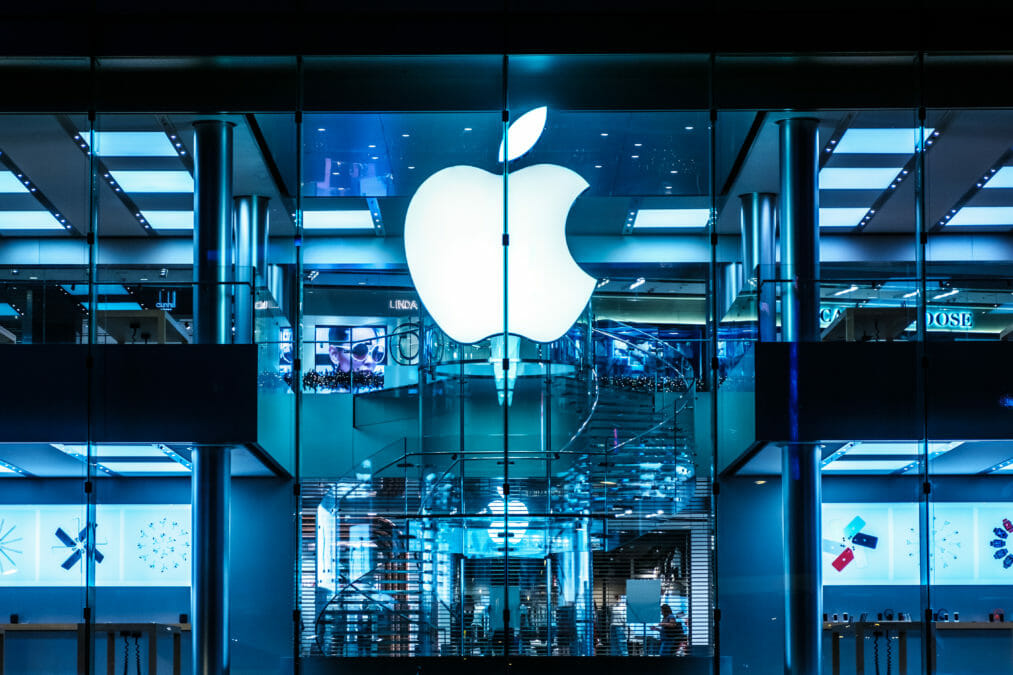Due to be launched by Apple at its ‘Hi, Speed’ online event, starting 6pm BST, the iPhone 12 range is set to feature four models, and will be powered by a new five-nanometre chip, which has been built in-house.
Analysts have predicted that the new 5G capabilities will set in motion a ‘super cycle’ of iPhone upgrades by consumers.
As well as being the first iPhone to support 5G connectivity, the pending release will be the first to start with Apple’s newest mobile operating system, iOS 14, which was launched last month.
Also expected is an improved camera and battery life, the latter of which has been a frequently cited flaw of previous Apple products.
With many workers across the world now expecting to work remotely away from an office for the long term, the offering of 5G would ensure that collaboration with colleagues can be more effective over a mobile device due to lower latency, without the need to connect to Wi-Fi.
Keeping data private and protected when remote working
Reaching a tipping point
Thomas Husson, vice-president, principal analyst at Forrester, believes that while the corporation isn’t pioneering 5G technology, it is in a good position to offer efficient services to users.
“5G alone is not mature enough to justify on its own a significant premium for the new iPhones, but at the same time Apple is best placed to kickstart consumer demand for 5G,” said Husson.
“Apple is not late to the 5G game. Even though most competitors have already launched 5G flagship devices and even introduced affordable 5G phones, the technology is not that mature yet.
“Apple is rarely the first to launch new technologies, but waits for a technology to be mature enough to build new customer experiences on top of it. I think we’re slowly reaching this tipping point and that given the renewal cycles of smartphones, Apple is right to embrace 5G now even though there is little demand for a 5G product per se right now.
“Apple is likely to maintain leadership on the high-end smartphone market by adding performance and ease of use to its new range of flagship devices. While increased connectivity will matter for countries where 5G is getting traction, differentiated experiences will also come from faster processing and obsession to design details.”
Global 5G connections to reach 3.6 billion in 2025 — CCS Insight
Development acceleration
Avishai Sharlin, division president at Amdocs Technology, explained how Apple joining the 5G fray after today’s event could accelerate developments in the space.
“The arrival of the iPhone 12 is a signal that 5G adoption and network roll-out will accelerate,” said Sharlin. “As the world starts to look to 5G to lead the digital revolution, use cases beyond network speed will be critical.
“Over the next year, we can expect new 5G services to be developed that align with some of the big online trends that have taken centre stage during the Covid-19 pandemic. Remote working, eLearning, and online gaming could be among those 5G use cases to see the most considerable growth in the short term.
“As demand for new 5G services increases, we’ll see service providers rolling out network slicing to differentiate and prioritise between different types of network traffic. Edge computing will also become a necessity to reduce the latency and reliability of 5G services.
“The launch of the iPhone 12 is likely to be a catalyst for the acceleration of new apps, new demands which in turn drive network improvements over the next years.”










